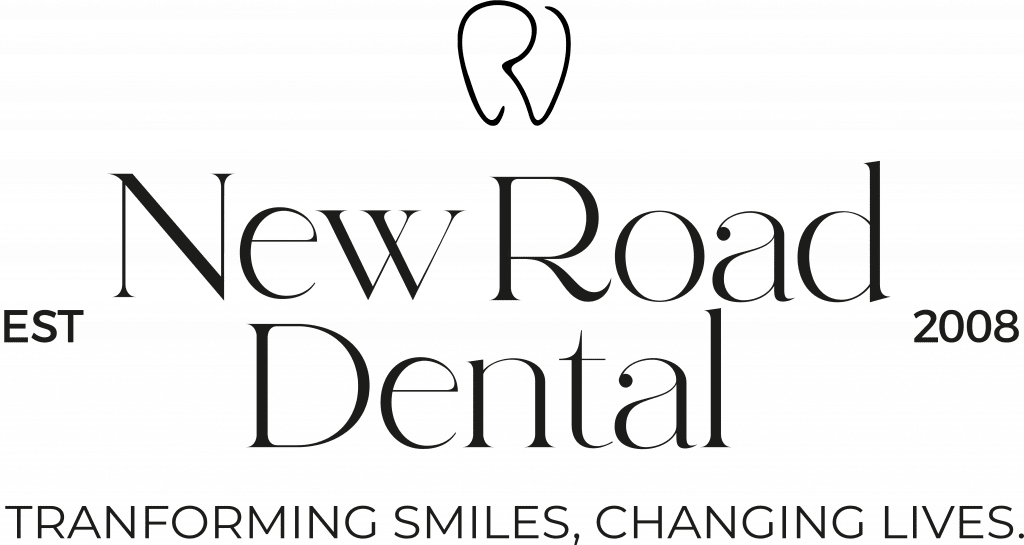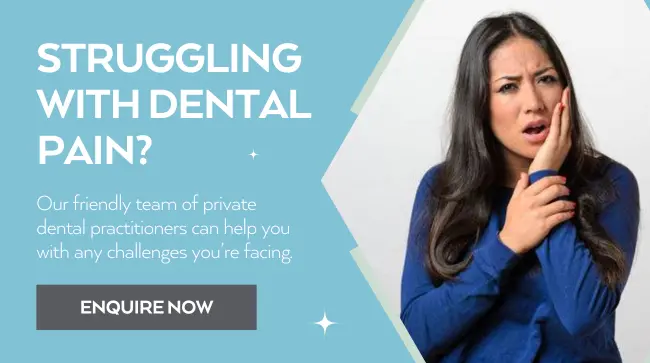Discovering that you have a loose tooth is a disconcerting and worrying feeling. As children, we became used to wobbly teeth but the promise of a coin under the pillow and a new tooth was always reassuring! As adults, however, the prospect of a gap in our smile is more concerning, especially as the cause may be unknown.
In this article, we’ll explore the causes of loose teeth and the best way to proceed if you find that one of your teeth is wobbly.
What Should You Do If You Discover A Loose Tooth?
If you realise that you have a loose tooth, it’s important that you don’t do anything to make the situation worse, so resist the urge to wiggle or pull it.
The sooner a dentist assesses and addresses the problem, the better the chances of saving the tooth, so contact a private dental practice for immediate professional advice and treatment.
What Can Cause Loose Teeth In Adults?
Loose teeth can be attributed to a variety of underlying causes, each of which requires a tailored treatment plan to ensure that you retain your teeth for as long as possible:
- Gum disease: One of the most prevalent causes of loose teeth is gum disease, particularly in the advanced stage of periodontitis. This condition can lead to the recession of gum tissue, which exposes the roots of the teeth and weakens the vital structures that anchor them in place.
- Trauma: Physical injuries to the mouth, such as accidents or sports-related impacts, can result in teeth becoming loose, particularly if the force of the trauma damages their supporting structures.
- Osteoporosis: A condition that affects the density of your bones, osteoporosis may weaken the jawbone so that it can no longer provide a stable foundation for your teeth, leading to tooth loss.
- Bruxism: Bruxism – grinding or clenching your teeth, especially during sleep – is a common problem that can exert excessive pressure on them. Over time, this can cause teeth to loosen, so identifying and addressing bruxism is crucial to prevent further damage.
Can A Dentist Fix Loose Teeth?
When you visit your dentist, they will initially assess the underlying cause of your loose tooth and recommend a suitable course of action:
- Deep cleaning: If gum disease is the cause, a deep cleaning procedure, also known as scaling and root planing, may be recommended to remove the buildup of plaque and tartar below the gumline and allow the gums to heal.
- Medication: In some cases, your dentist may prescribe medications to combat infection or inflammation that is associated with gum disease or other oral conditions.
- Splinting: For moderately loose teeth, splinting may be considered which involves attaching the loose tooth to adjacent teeth for support, allowing it to re-stabilise over time.
- Extraction: In severe cases where the tooth cannot be saved, extraction may be necessary to prevent further complications and maintain your oral health. Your dentist will discuss options for filling the gap the extraction leaves, such as dental implants or bridges.
Book An Appointment Today
Loose teeth can be a sign of underlying oral conditions, so our experts at New Road Dental Practice are here to help. Simply get in touch to register as a new patient and book your first appointment.
Image Source: Canva


